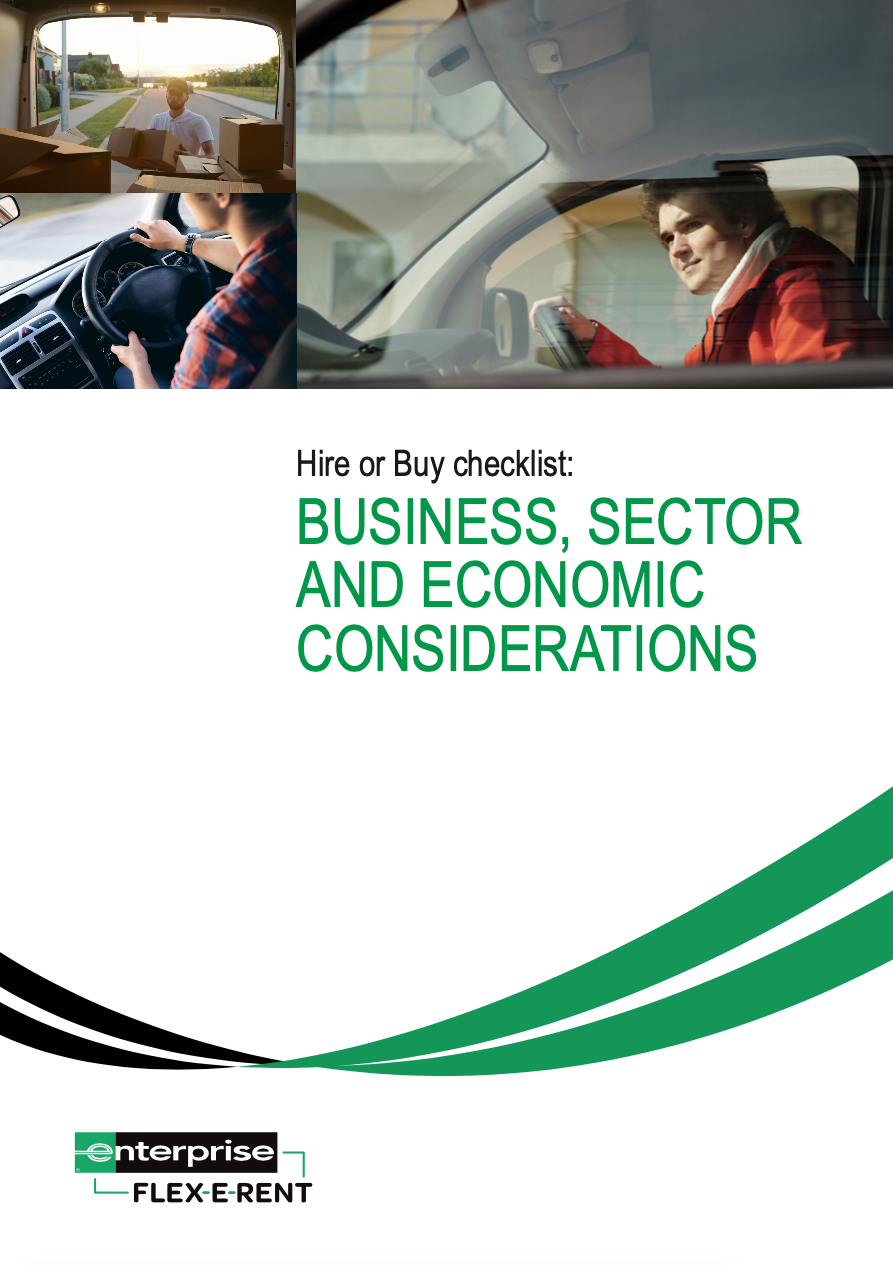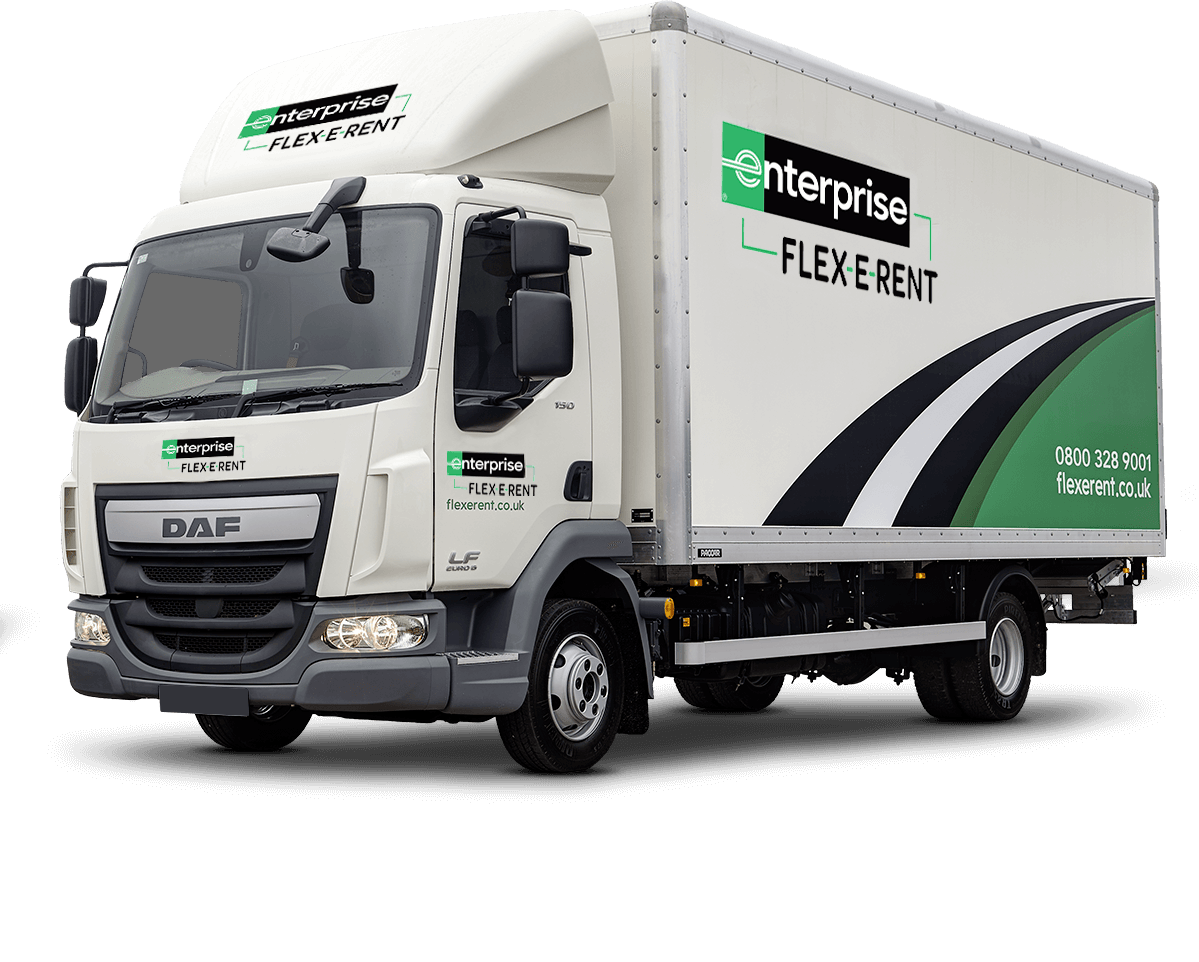
Free Checklist: Find out whether hiring or buying vehicles is best for your business
The benefits of commercial vehicle finance leasing
Both types of leasing arrangement have shared benefits that are primarily financial. In particular, you enjoy:
Fixed monthly costs. You can predict your outgoings over the lease period.
Fixed interest rates. Unlike a bank loan used to buy a vehicle, payments not vulnerable to fluctuating interest rates
No tied-up capital. You don’t sink large amounts of capital in vehicle purchase.
Tax benefits. You can claim rental allowance against tax. These are benefits that are also offered by contract hire or flexible hire. We’ll talk about these options in a moment, but first it’s worth looking at some of the drawbacks of sourcing LCVs via a finance lease agreement.
Finance leasing — potential drawbacks
Before you opt for a closed-end or balloon finance lease arrangement, be sure to take the following into account. They might reveal that you’re not going to get such a good deal as you hoped.
Mileage allowances. LCVs on financial leases can have very low mileage allowances to preserve the value of the vehicle, and you will probably have to pay expensive supplements if you exceed them. The allowed mileage may not even be enough to cover an LCV used on a regular basis by a local trades firm.
Wear and tear. You may be liable for wear and tear on a vehicle, leading to additional expense and even disputes.
Deposits. Deposits on vehicles can be expensive, depending on the lease package you choose.
Higher insurance. Insurers may charge higher premiums for vehicles hired in this way.
Expensive customisation. If you need to customise your vehicles with beacons, towbars or other equipment, this expense will normally be added to the purchase cost — and increase your monthly payments.
No support. When it comes to maintenance, repairs, breakdowns, MoTs, courtesy vehicles and all the other support needed to run a fleet, you’re on your own — unless you take out an additional maintenance package, which may be basic or outsourced.
Remember also that if you take out a balloon lease, you will face a substantial payment at the end of the contract period. This can damage your cash flow, as well as land you with a rapidly depreciating vehicle.
Because of these drawbacks, businesses needing LCVs are turning to different models of vehicle sourcing. Two popular options are contract hire and flexible hire, some of which also do away with the problems of deposits, expensive maintenance and customisation, wear and tear costs and lack of fleet support.
So if you’re offered a closed-end or balloon finance lease, don’t just look closely at the fine print. Consider whether there are more economical and hassle-free ways to source your LCVs.
The right decision will ultimately be the one that suits your business needs, but before you sign on the dotted line you may want to look at more options. Our free checklist will help you make an informed decision by weighing up the pros and cons of each fleet option — get your free copy below today:
Editor's note: This post was originally posted in March 2013 but has been completely revamped and updated for accuracy and comprehensiveness.




